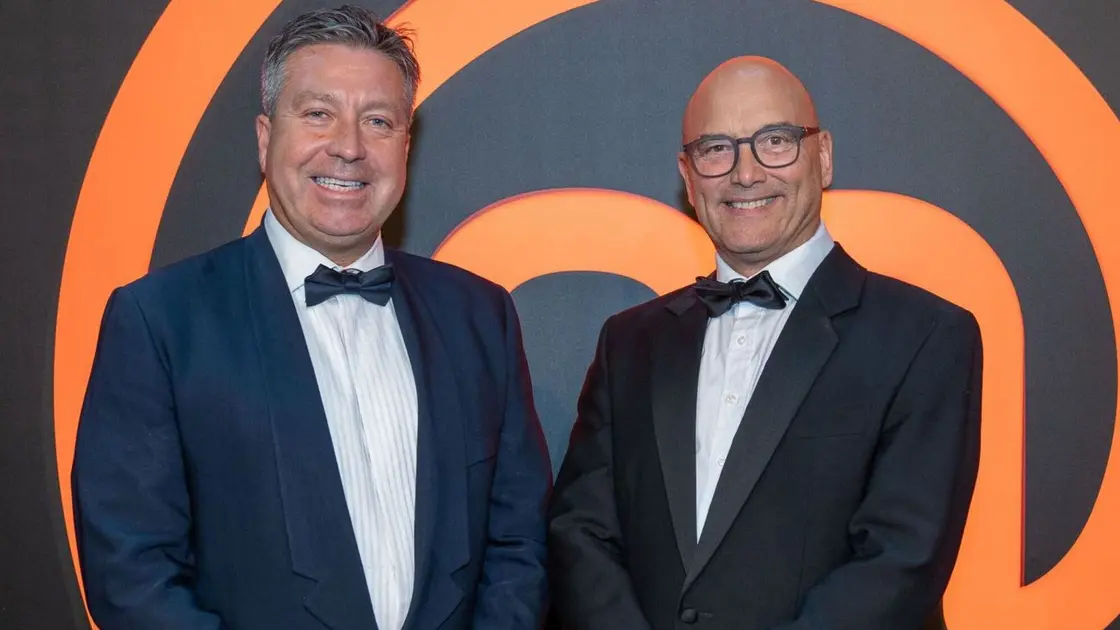T4K3.news
BBC faces backlash over MasterChef hosts decision
The BBC returns MasterChef with Torode and Wallace in prominent roles amid complaints, stirring debate over accountability and branding.
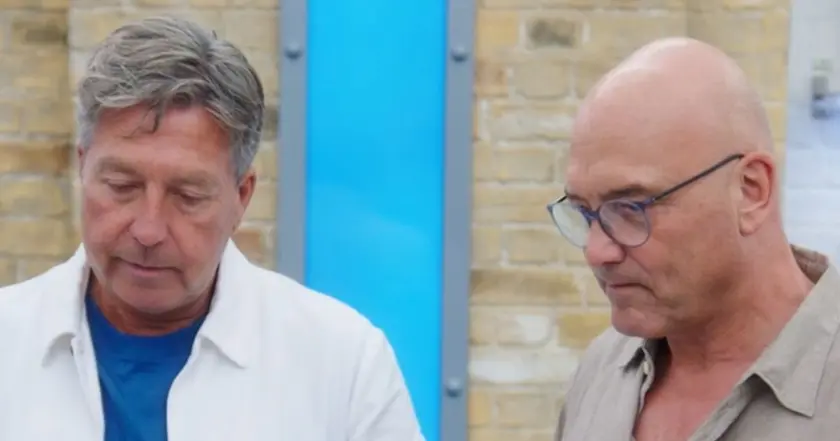
The BBC is under fire as MasterChef returns with John Torode and Gregg Wallace in prominent roles despite past complaints about their conduct.
BBC faces backlash over MasterChef hosts decision
The BBC has brought MasterChef back with its long-time hosts still front and center, a move that has sparked fury among several complainants and some viewers. Wallace was dismissed after a review upheld most of the complaints against him, including allegations of unwelcome physical conduct and being in a state of undress. Torode’s contract was not renewed by the production company after accusations of racist language, which he denies. The new series started this week but was filmed before the decision to axe the hosts, and only contestants were consulted on whether to proceed.
Editors have pared back some of the hosts’ jokes and promotional materials, and neither presenter is highlighted in the episode descriptions. Wallace has apologized for distress caused, while Torode maintains he does not recall the alleged incident. Viewership figures dipped on the return, with the opener drawing 1.96 million viewers compared with last year’s 2.73 million. The controversy has dominated public discourse and raised questions about how accountability is rewarded in prime-time entertainment.
Key Takeaways
"There is a feeling the complainants have been ignored and cast aside."
Direct quote reflecting reaction from inside the production circle
"The BBC’s decision to broadcast as normal has been incredibly divisive and risks terminally undermining the MasterChef brand."
Statement from the broadcasting union about the decision
"Wallace was sacked."
Reported decision by the production team
"Torode claims he has no recollection of the alleged racist comment."
Torode's denial cited in coverage
The decision to keep the hosts visible in prime time signals a preference for star power over a clear reckoning with past behavior. Critics say this approach risks normalizing bad conduct and undermining the complaints process. The Broadcasting union called the move divisive, arguing that it undercuts trust in the MasterChef brand and in the BBC’s handling of sensitive issues.
Beyond the brand issue, the episode highlights a broader industry tension between accountability and audience demand for familiar faces. As audiences push for transparency, broadcasters may face pressure to consult complainants more openly and to lay out a clear path for addressing concerns on air. How the BBC navigates this will shape its credibility and could influence how other networks respond to similar cases.
Highlights
- Accountability is louder than a kitchen gag
- Trust is earned in public not buried in edits
- Prime time fame should come with responsibility
- Complainants deserve a voice not a footnote
Backlash risks reputational damage for MasterChef
The decision to air the hosts despite upheld complaints risks alienating complainants and viewers, inviting sustained criticism and potential impact on ratings and partnerships. The lack of clear consultation and transparency could shape public perception of the BBC’s ethics and credibility.
Trust takes time to rebuild, and the next moves will matter more than this episode.
Enjoyed this? Let your friends know!
Related News
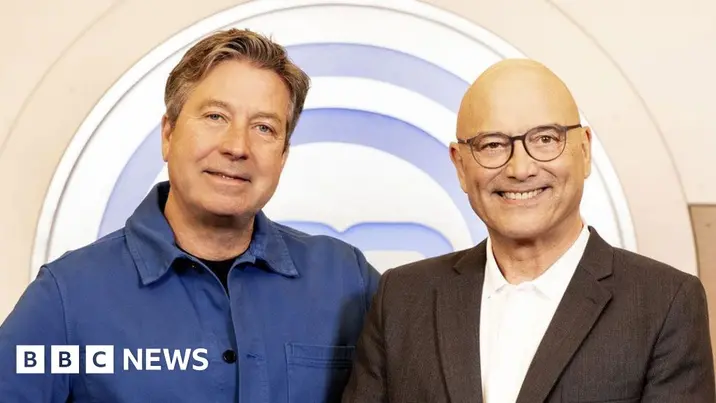
BBC faces pressure not to air new MasterChef series
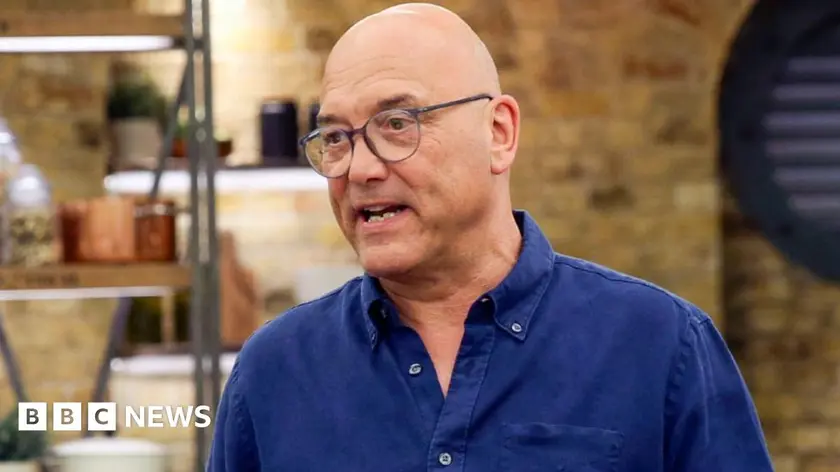
Gregg Wallace addresses allegations against co-host
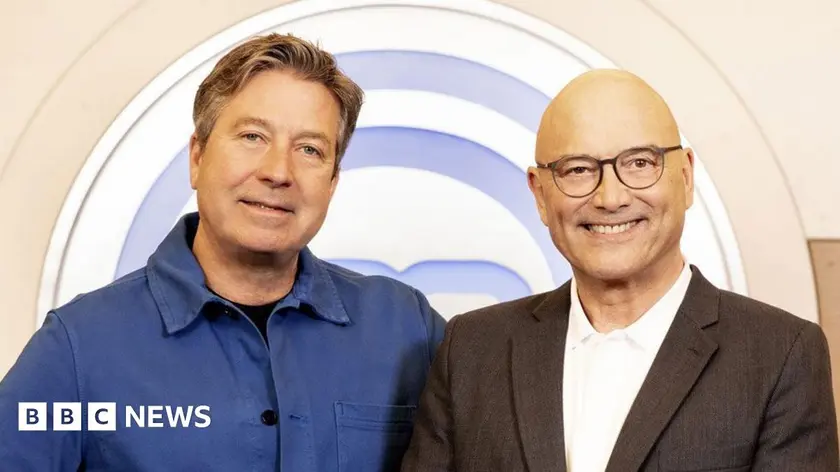
BBC faces criticism over MasterChef airing decision
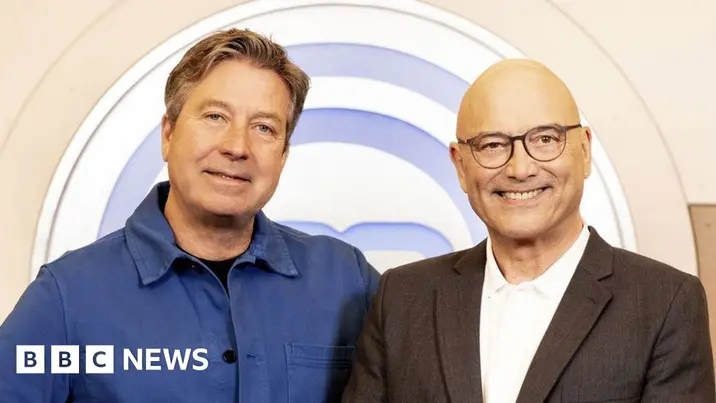
MasterChef series premieres with sacked hosts
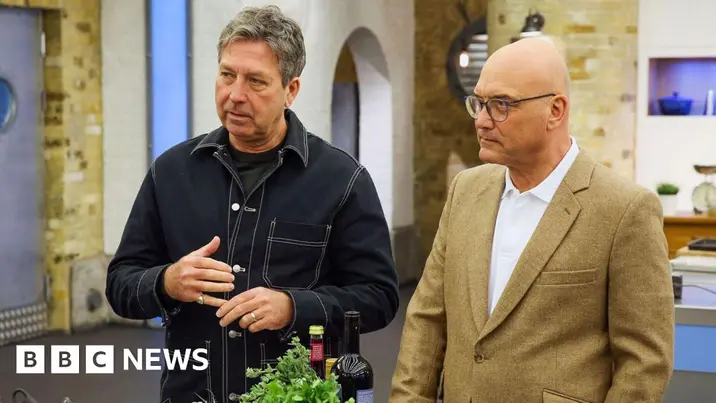
Fall in viewers for MasterChef's latest launch
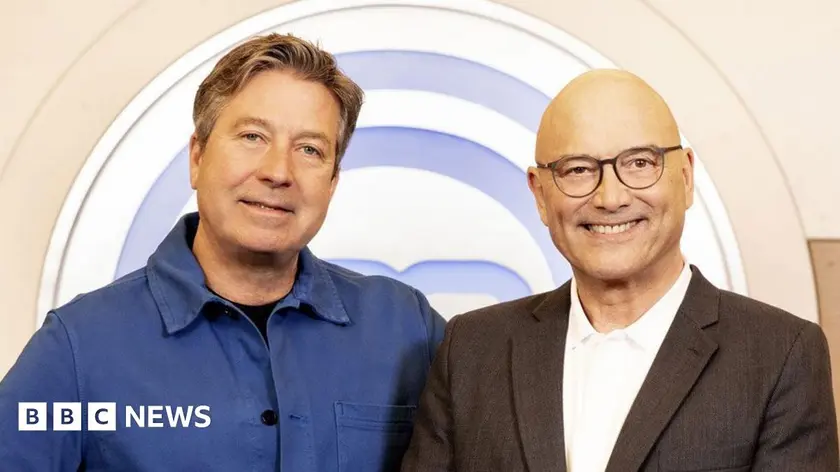
MasterChef returns with sacked hosts
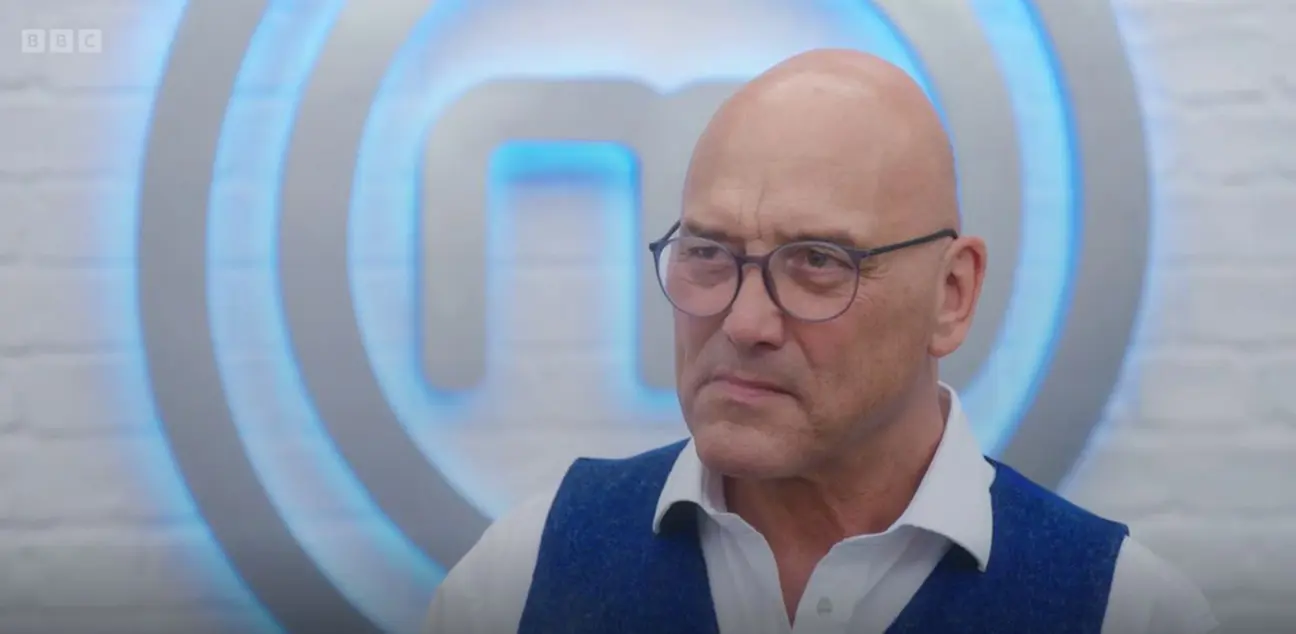
MasterChef viewers drop significantly after scandal

BBC faces backlash over MasterChef decision
